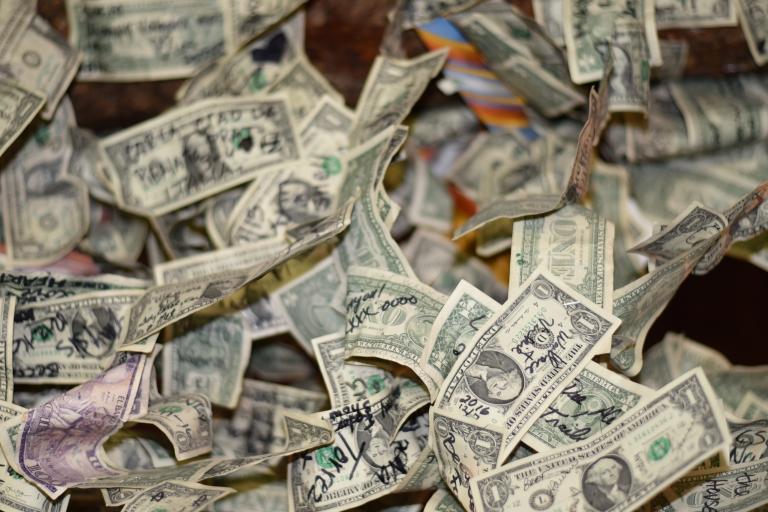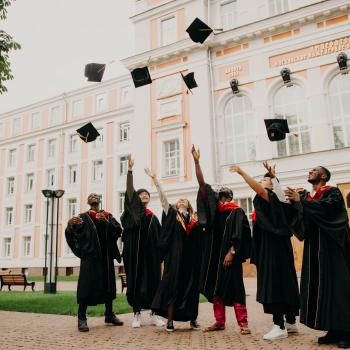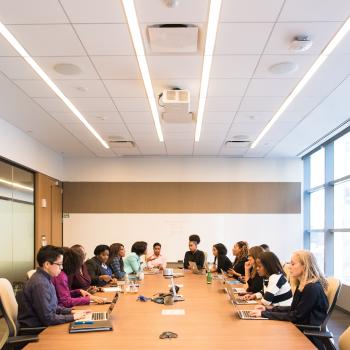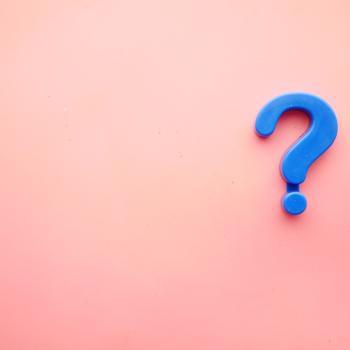Hope is one of the most powerful virtues available to humans. Although we talk about it in placid tones and with half-hearted fervor, true hope has all but disappeared from today’s society.
When we claim to have hope, it is almost always tainted with an underlying sense of deep dread. We expect hope to be unfulfilled, which is not really hope at all. ‘Hope’ has been watered down to mean something like ‘I suppose my expectation of disappointment might be incorrect’.
Why have we all but lost the ability to hope? What does this say about us and our future? Can anything be done to rekindle it?
An Obsession With Measures
Like all things, hope is framed by our perspective. The parameters in which we see the world operating determine how we will hope and what we will hope in.
We have given up on hope because we have spent the better part of our lives being disappointed by false hopes. Our culture has put a heavy expectation on fame and fortune. Success and happiness are measured by money and social media likes.

Any celebrity or lottery winner can tell you that these are not the answers we think they are. We are attacking our circumstances rather than addressing our hearts, and putting expectations on the external to transform us – relationships, jobs, geography. We travel and earn and spend in an attempt to find peace, joy, and meaning in our lives.
Hope is a truly submissive virtue. It requires us to let go. But we are a culture of achievements. A people of measure. Our ‘hope’ is in the bottom line. More money. Less weight. More friends. More vacations. We measure and measure and measure.
But hope itself is immeasurable. Like love and joy and peace and understanding, hope is not discernible by a test.
A Sense of Doom
In a real sense, the sky is falling for our culture. We have put so much expectation in the superficial. We have diets and plastic surgeries, personal jets and private islands. And none of it is working. So, we think, if it isn’t working, it must mean there is not enough.
Underlying this obsession with more, there is a growing dissatisfaction with life. We look at politics, our sport’s team’s season, and the carousel of our dating life with a sense of doom.
Our culture celebrates the critical eye. Pessimism is the rule of the day. Negative thoughts about our bodies, our personality, and our ability dominates our mindset.
In the avalanche of negativity, our hope is buried. Or disfigured beyond recognition. Deep down, hope feels like foolishness. We know better. It’s all just going to fall apart like it always does. Our belief is in inevitable doom rather than the hope of restoration. We’ve seen some things. We’ve been hurt. And we are not going to let that happen again. We won’t let hope make a fool of us.
A Lack of Courage
Hope takes courage, it is a risk. Hope is surrendering control.
![]()
Reason and experience ought to temper our expectations. But not so much that they stifle our hope.
The world is in desperate need of hope. It drives our innovation. It focuses our vision and reinforces our commitment in the most difficult of situations. Hope is essential. It is our inability to risk that has sabotaged our societal stability and relational health.
It does not have to be this way. Through evaluating our values, naming our intentions, and committing to what we most care for, we will discover a renewed ability to hope. Identity is the best of us. The true self. It is the only source for raising us beyond the circumstances.
Have the courage to believe beyond what is and what has been. See beyond the situations. Reach past the superficial. Hope is not foolishness. It is the beginning of change. The beginning of betterment.












